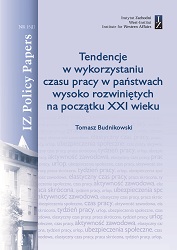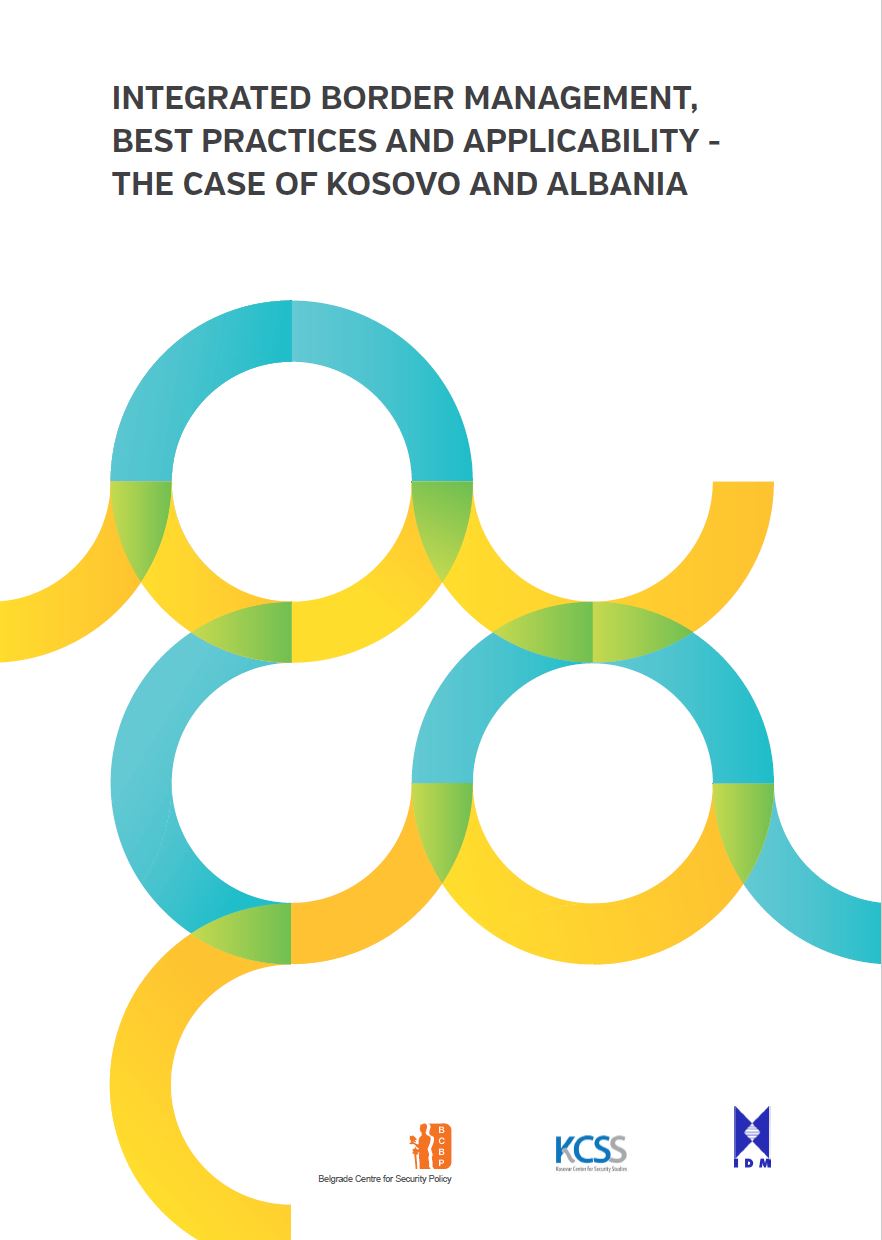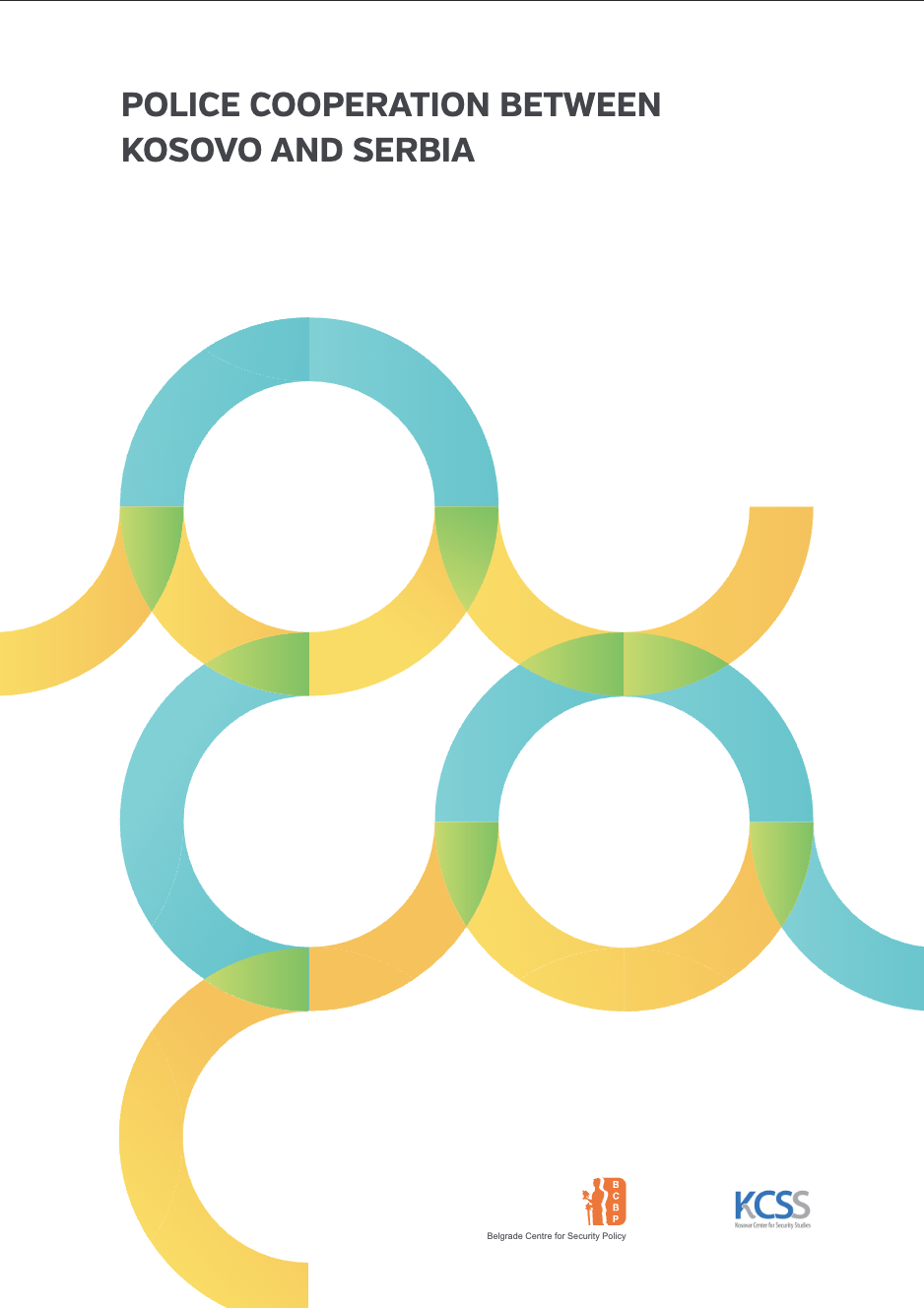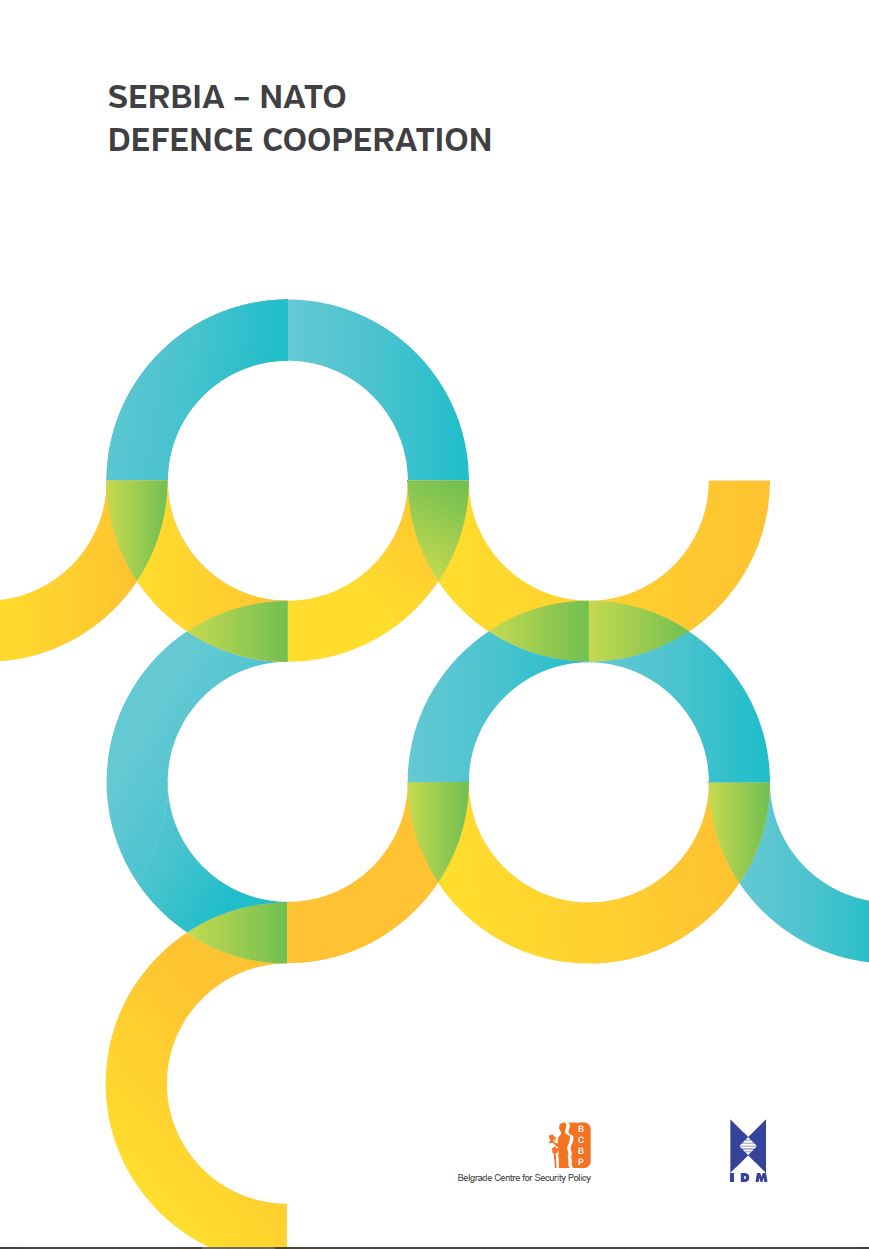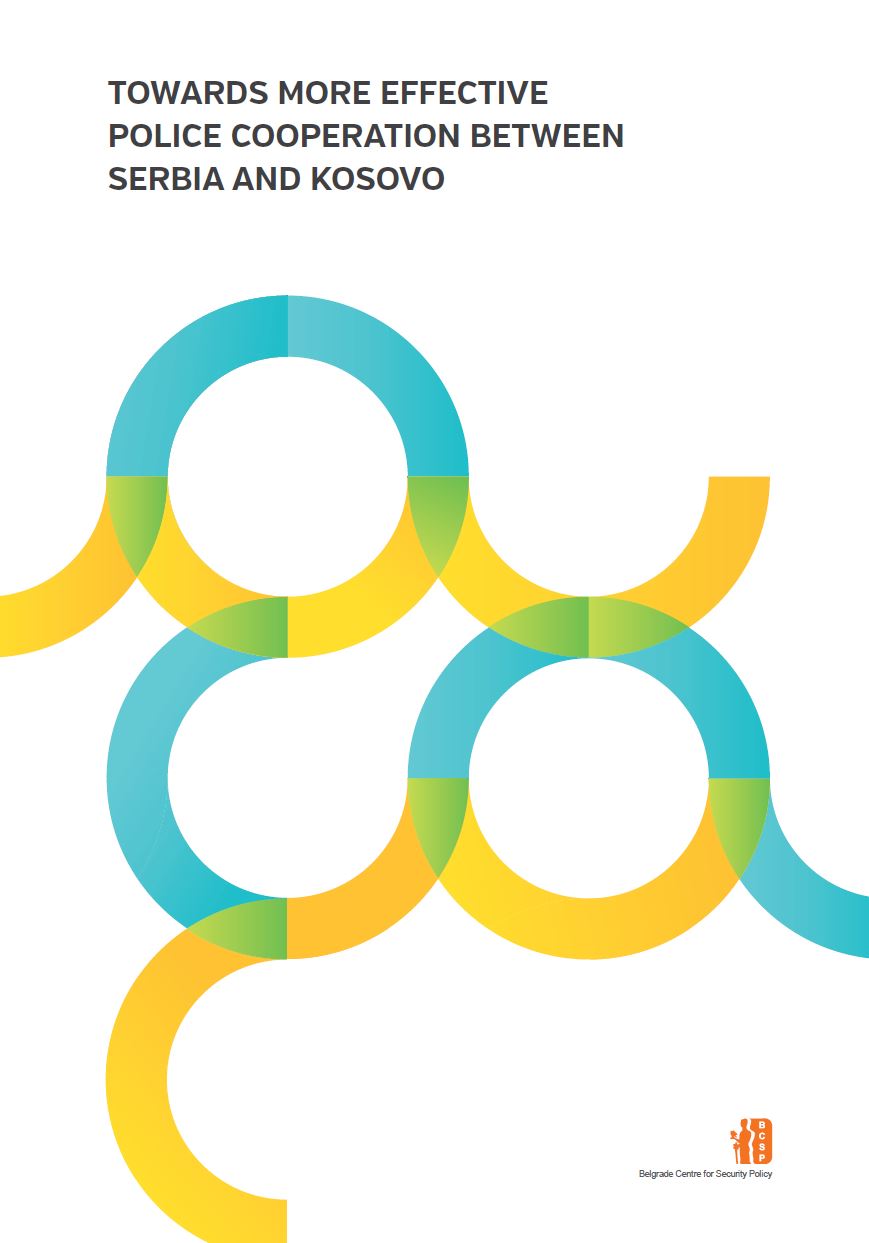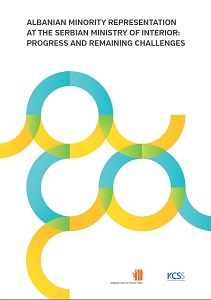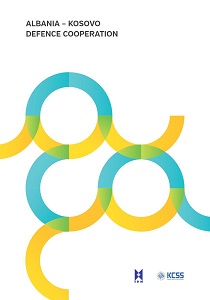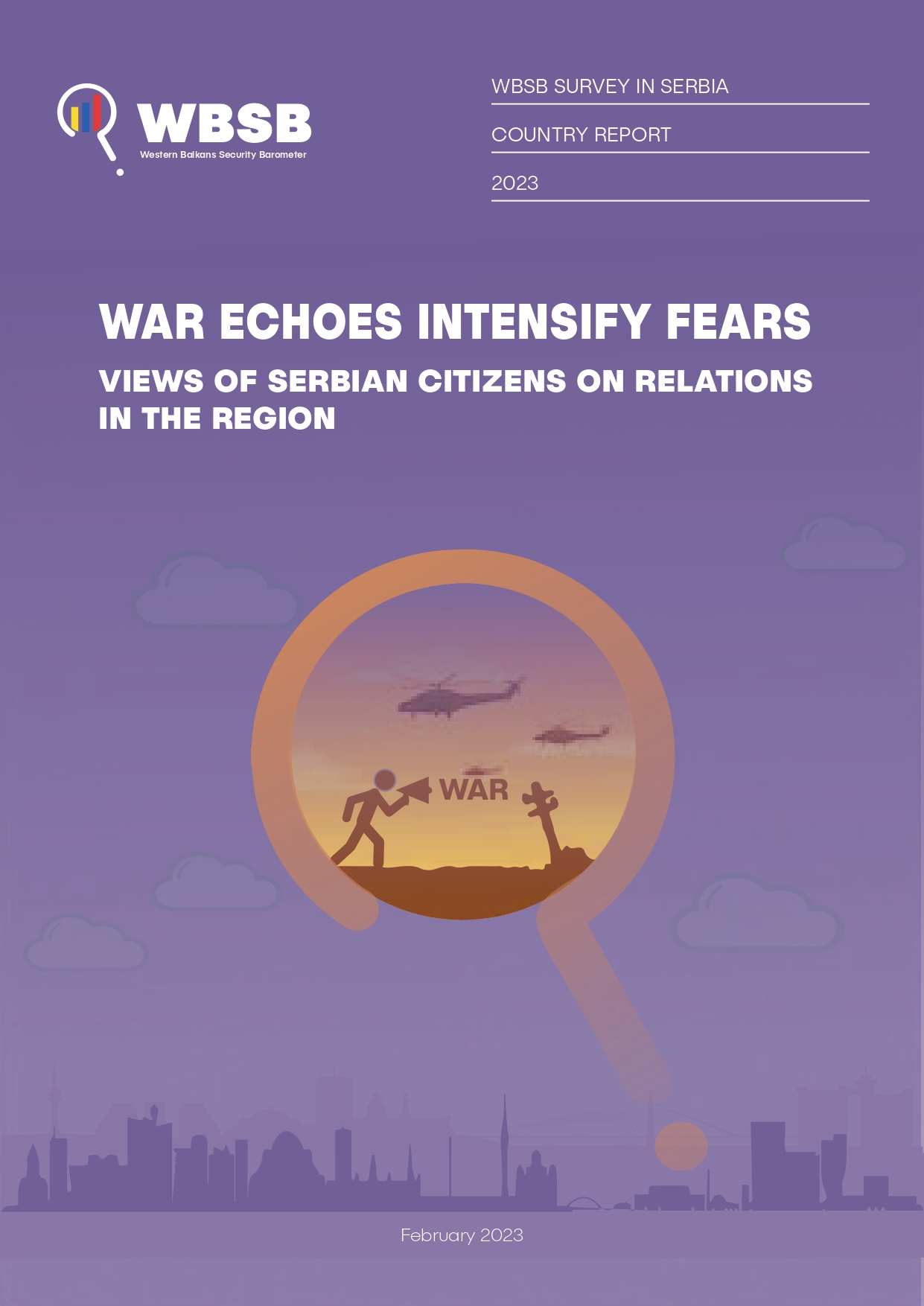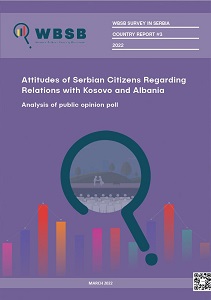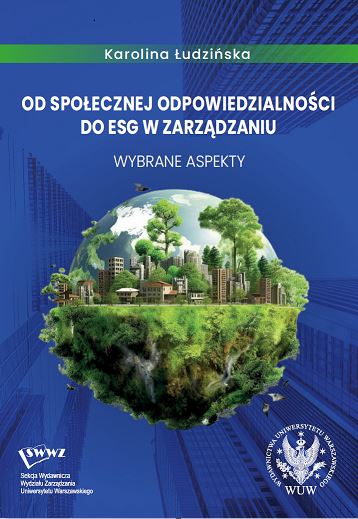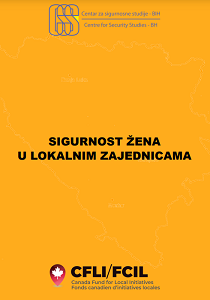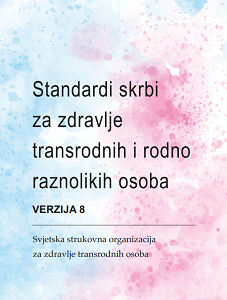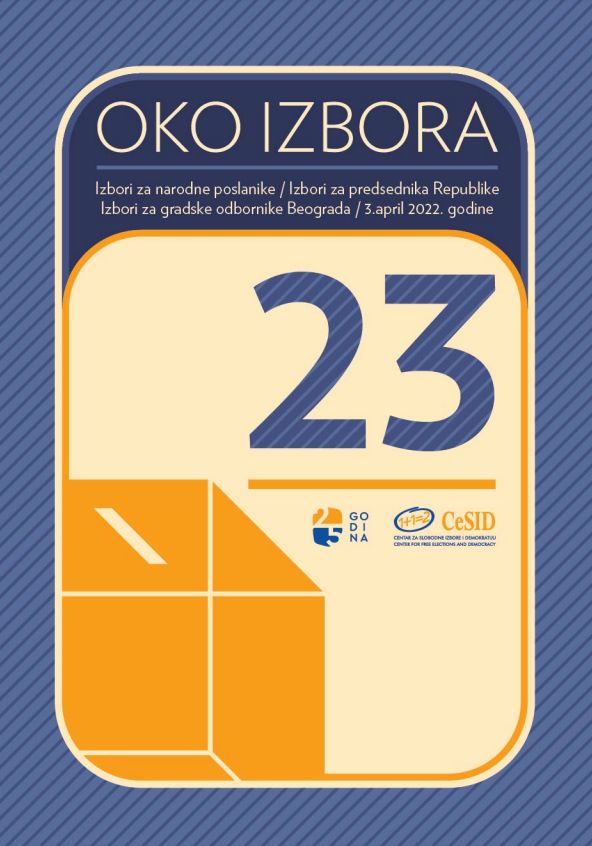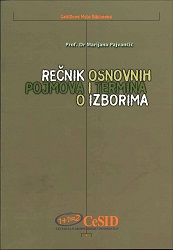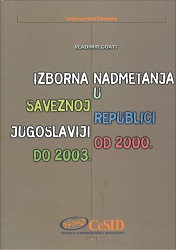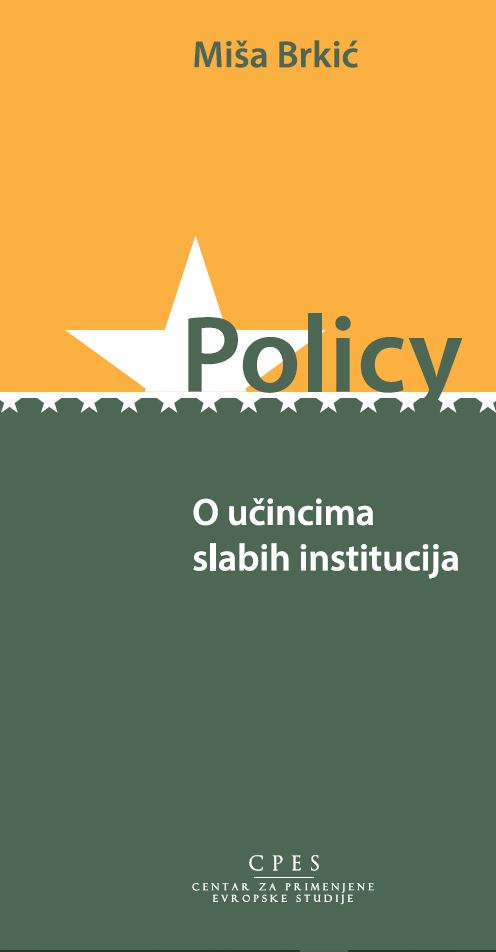Author(s): Aleksandar Pavlović / Language(s): Serbian
The book "Imaginary Albanian" talks about how Serbs perceived Albanians throughout (relatively recent) history. Essentially, the book focuses on the long 19th century, the term Eric Hobsbawm used to denote the period from the French Revolution to the end of the First World War. This period, when national-romantic movements flourished in Europe (and, consequently, in the Balkans) and when nation-states emerged, is taken as crucial in shaping the hostile image of Albanians in Serbian culture. The book shows how in the period from the middle of the 18th to the middle of the 19th century Serbian culture was dominated by the idea of Albanians as Christians and brave and rebellious mountaineers, who are similar to Montenegrins and in alliance with them resist the Turks. But, as the interest of the Serbian public from the second half of the 19th century became more and more related to Kosovo, Serbian authors began to describe Albanians as Muslims and associated them with the Turks, and therefore saw them as Serbian enemies. In this context, special attention is paid to the Kosovo myth, which is considered crucial for understanding Serbian ideas about Albanians and the establishment of their hostility. However, contrary to today's widespread opinion about centuries-old enmity between Serbs and Albanians, documentary sources from the past, various cultural writings and their reception in Serbian culture indicate that Serbs and Albanians did not see their relations as problematic for centuries. Therefore, the representation of Albanians in this period - although undoubtedly subjective and prejudiced - is not simple and contains ambivalences and contradictions that testify to the different relations between the two peoples. Therefore, the book emphasizes those inherently positive attitudes that emerge from centuries of common traditions and common life in the Balkans, and seeks to identify voices, personalities and perceptions that can change the view of Albanians in Serbian culture, which has long been marked by hostility and radicalism.
More...
